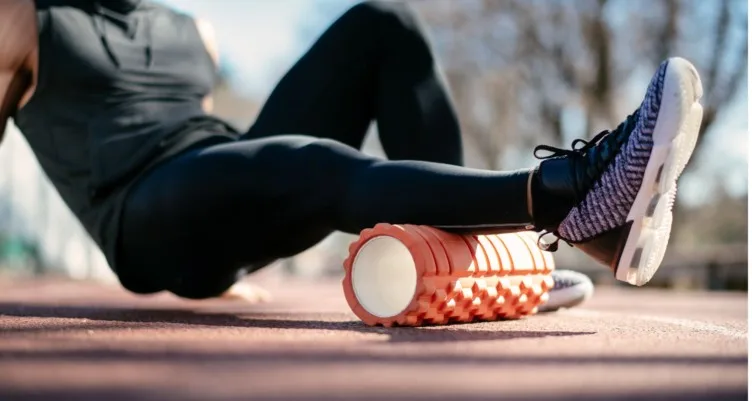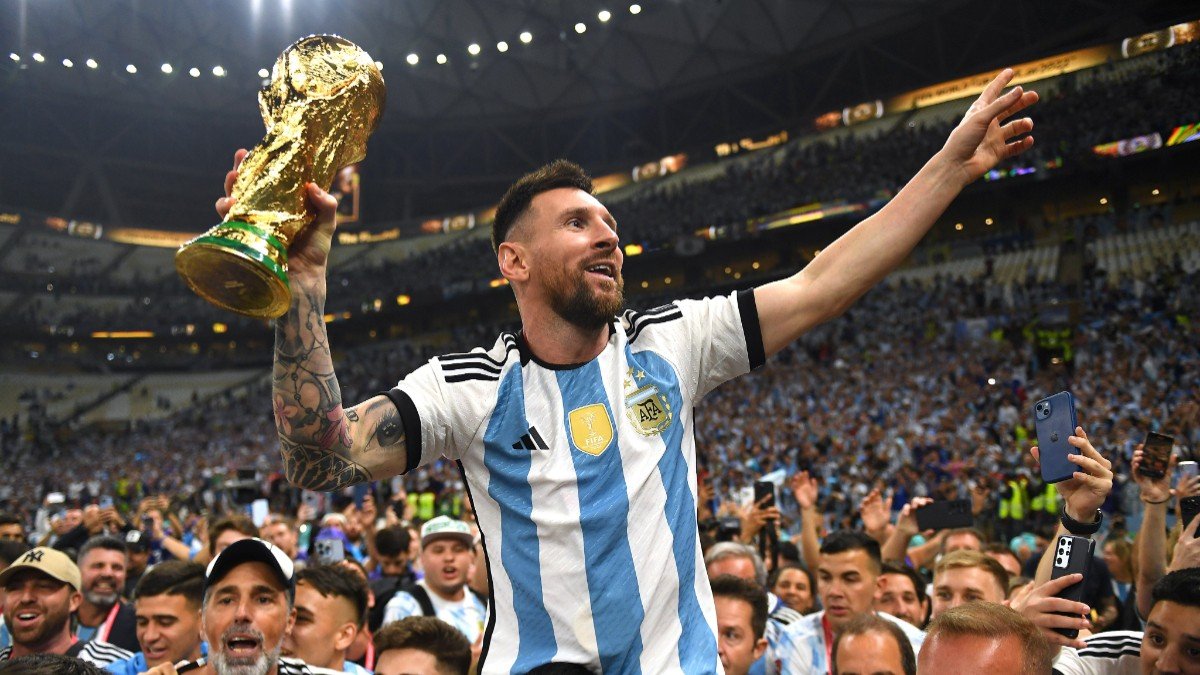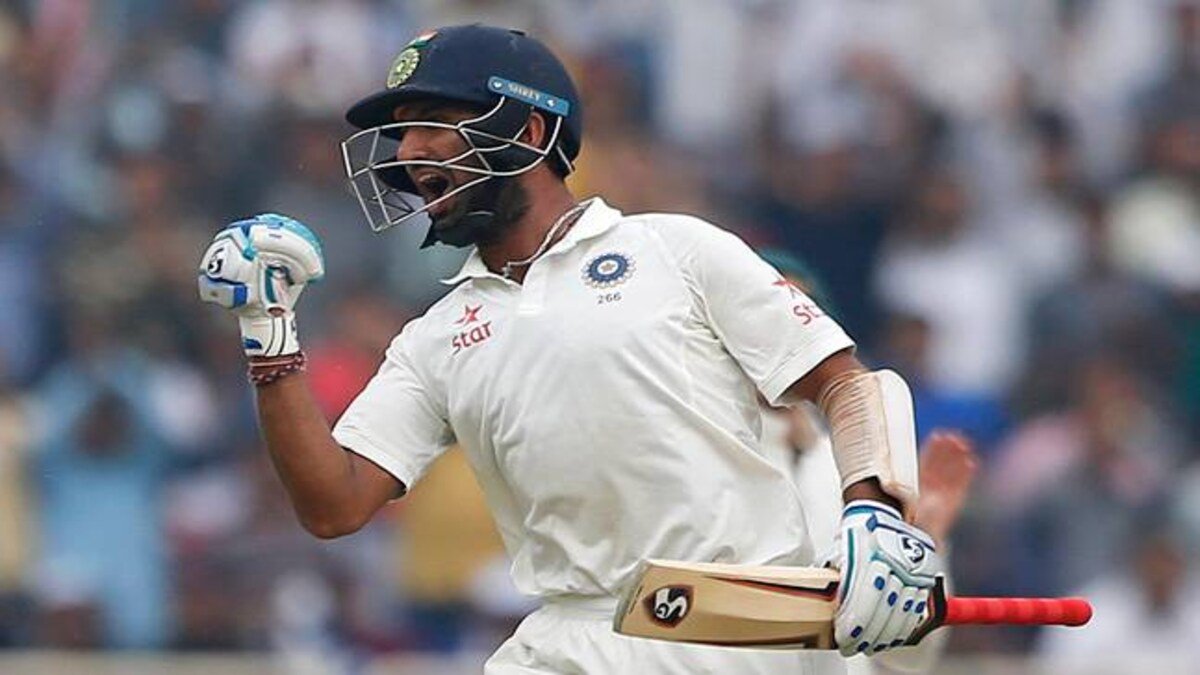The Complete Guide To Nutrition And Recovery For Athletes
While striving for excellence on sports field, athletes try to get the most out of their bodies. This is essential because they compete against the best and always step on the the field with the sole aim of getting the better of the opponents. Staying at the top of their power and performing at the peak level is what athletes strive for on the daily basis. But sustaining high standards and peak performance depend not only on training but what an athlete is eating and how fast he is making recovery post matches. So let’s discuss about nutrition and post match workout methods top athletes use during their sporting journey.
The Role of Nutrition in Athletic Performance
Talent alone can’t take an athlete far on his sports journey. An athlete needs discipline that comes from habits, such as eating, regular exercise, and going to bed at a specific time. It’s not a week’s schedule, but an ever going process for top athletes. Nutrition and recovery for athletes is as important as perfecting skills during training. Nutrition is the foundation of athletic performance. An athlete’s diet directly impacts his energy levels, endurance, muscle growth, and overall health and makes a telling difference between good performance and great performance.
Also Read: Top Agility and Speed Drills for Indian Athletes
Macronutrients and Their Importance
- Carbohydrates: They are the primary source of fuel for athletes. Foods rich with carbohydrates fuel an athlete’s body for required energy for high-intensity activities. Some of the rich source of carbohydrates are whole grains, fruits, and vegetables.
- Proteins: These are essential for muscle repair and growth. Protein helps build muscles and remains a vital part of an athlete’s diet. Athletes can include foods such as meat, eggs, dairy products for protein intake. In addition, if an athlete is a vegan, he can opt for plant-based protein products, such as Tofu.
- Fats: This essential component might be the most criticized, but gaining healthy fats is as important as building muscles. Healthy fats helps an athlete in sustaining energy during prolonged activities and overall cellular function. Some of the foods that provide rich source of fats are nuts, seeds, avocados, and fish.
Also Read: Training for Young Athletes: Best Practices
Micronutrients and Hydration
- Vitamins and Minerals: Other than Carbs, Proteins and healthy fats, an athlete also needs adequate levels of vitamins and minerals to support bone health, energy metabolism, and immune function. An athlete can add fruits, vegetables, cereals and wholegrains, lean meats for vitamins and minerals.
- Keep your body Hydrated: Athletes need to keep their body hydrated all the time because dehydration can impair performance significantly. Drinking water consistently helps replenish electrolytes lost through sweat.
More Tips For Optimal Performance
- No hard and fast rule: Every athlete’s body is different and they require different types of food to maintain their peak performance. If one food is working wonders for an athlete, there’s no guarantee it would work on another. Ace lawn tennis player Novak Djokovic had to eliminate gluten from his diet because his body was sensitive to it. So there’s no hard and fast rule and every athlete has to find what’s working for his body.
- Be Consistent: Beside finding what’s working for your body, it’s important to maintain a discipline when it comes to consuming your diet. For example, having a balanced meal 2-3 hours before exercise helps in providing your body enough fuel for the intense work out. Similarly, athletes should include combinations of carbohydrates and protein in their post-workout diet.
- Healthy Snack Food: You must have seen Rafael Nadal consuming bananas during his intense tennis matches. These are the type of food, also energy bars, that give body quick energy boosts during extended activities.
- Use Supplement Wisely: Athletes also need supplements like whey protein, creatine, or omega-3 to fill nutritional gaps.
Also Read: The Best Smart Gadgets For Tracking Your Athletic Progress
Recovery Techniques for Sustainable Training
Training and diet are important, no doubt about that, but recovery is as crucial aspect in an athlete’s life. In NBA, teams play games every other 2-3 days, which means, athletes have to at their optimum power for every game. This is possibly only if an athlete has made a quick recovery after his last match. Without adequate recovery, athletes risk burnout, injury, and low performance. That’s why incorporating recovery techniques is vital for an athlete’s overall well-being.

Low Intensity Recovery
Some activities require low intensity and can also help an athlete in refreshing his mind. These activities include light jogging, yoga, or swimming. These type of activities also help improve blood circulation and promotes muscle repair and reduces stiffness.
Sleep
There’s no substitute to sleep. Nothing at all. This is the best recovery method for every athlete and for average people as well. Sleep is the most powerful tool, the best yoga an athlete can do. Quality sleep helps in repairing tissues, muscle building, and replenishes the body and the mind. Every athlete should aim for at least 7-9 hours of quality sleep each night.
Massage and Foam Rolling
Massages and foam rolling are excellent for releasing muscle tension. During matches and intense workout, athlete suffer from muscle tension. Massaging can help reduce the strain in muscle and expedite the recovery period. These methods also reduces inflammation and discomfort.

Cold and Heat Therapy
Another method to help during recovery is the cold and heat therapy. Cold therapy includes ice baths or cold packs which reduces inflammation and muscle soreness while heat pads or warm baths help relax muscles and improve flexibility.
Mental Recovery
A healthy mind is the most powerful tool for an athlete. The physical recovery is incomplete without the mental wellbeing of an athlete. An athlete should also look at methods such as meditation, deep breathing, or engaging in hobbies like gaming that can help athletes reduce stress and maintain focus.
Recommendations for Tools and Products
Investing in the right tools and products can streamline nutrition and recovery efforts. Here are some recommendations:
Nutrition Tools
- Biomechanical Analysis Wearables: Can help in metrics such as running, cycling and motion tracking.
- Recovery focused gadgets: Improve muscle recovery with real time feedback.
- Water Bottles with Markers: Helps track daily intake of water.
- Sports Nutrition Apps: Apps can help monitor sleep cycle, weight and can also help improve eating habits.
- Injury Prevention Devices: Support muscle recovery and muscle protection.
Recovery Products
- Foam Rollers: Helps athletes in releasing muscle tension.
- Massage Guns: For targeted muscle relief.
- Sleep Aids: Eye masks or white noise machines can promote better sleep quality.
Supplements to Consider
- Protein Powders
- Electrolyte Tablets
- Branched-Chain Amino Acids (BCAAs)
Create a Plan

An athlete needs to follow a certain path in order to remain at the peak of his powers. That comes from being disciplined in every aspect of life, be it waking up in the morning or hanging out with friends in the evening.
- Set Goals: Setting up goals and a timeline to achieve them helps an athlete remain focused on the path.
- Track Progress: Monitor everything. Be it the sleep pattern, or the diet your are consuming, or even how fast you are breathing during workouts, keep a track on everything. This helps in finding solution.
- Be ready to make adjustments: Former Manchester United star Park ji-Sung ate boiled frogs for peak performances. So be ready to make adjustments to everything, be it exercises in the gym or eating habits.
Seek Professional Guidance
Indeed, you are your first doctor, but sometimes, it’s better to leave some things to professionals. If a diet plan or some recovery methods aren’t working for you, it’s better to seek help from professional dietitians, sports nutritionists, and physiotherapists.
Conclusion
An athlete must understand that quality diet and recovery are just an important as crafting skills and hitting gym. By understanding the importance of balanced nutrition, an athlete can significantly enhance his performance while also minimizing the risk of injury and fatigue.
Follow us on Facebook, Instagram and LinkedIn.
Share this content:



Post Comment